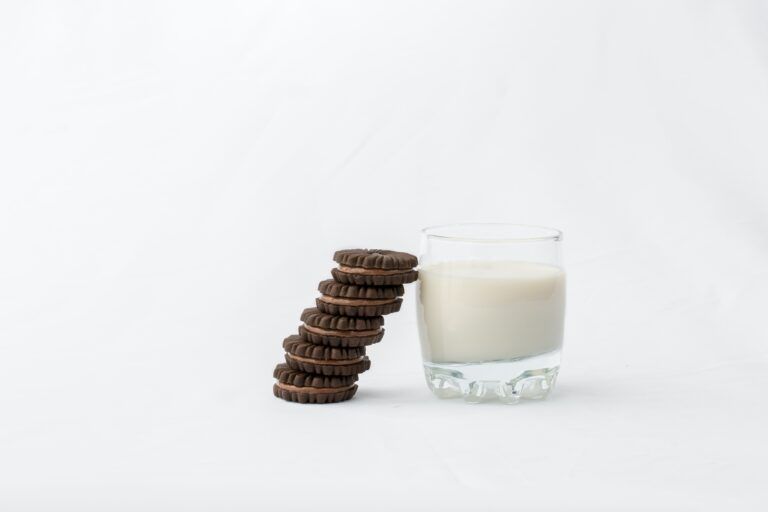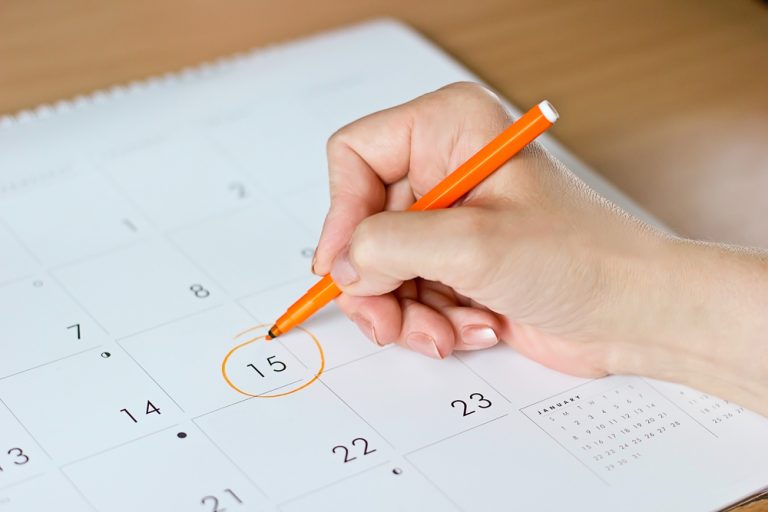Does Ozempic enhance fertility?
GLP-1 medications and their effect on weight, addictions, and hormone balance.
Semaglutides such as Ozempic, Mounjaro, and Wegovy are in the news. For anyone who has struggled with weight, they are a great help, and they’ve proved so popular that Goldman Sachs predicts 70 million Americans will have tried these drugs by 2028.
In 2017, the U.S. Food and Drug Administration (FDA) approved semaglutide for use in adults with type 2 diabetes, but the buzz is related to its off-label use for weight loss.
They’re part of a class of drugs called GLP-1 receptor agonists, which lower blood sugar by helping the pancreas make more insulin. Simultaneously, they block the release of glucagon. This hormone lowers blood sugar levels and slows digestion, resulting in a feeling of fullness that results in smaller portions.
Some patients have also reported that they find GLP-1s curb the cravings associated with addictions —not just to food but also to alcohol and even cigarettes.
Studies that support this claim are emerging, revealing that GLP-1s affect the brain, specifically the areas that curb cravings. When we reach for a cookie or a glass of wine, we trigger the brain to release dopamine, a feel-good hormone that affects the area of the brain associated with motivation. That’s why many people have trouble stopping after one cookie or glass of wine.
As more people try these medications for weight loss, fertility practitioners have noticed another trend: they seem to be enhancing fertility in some patients. The evidence is anecdotal, but “Ozempic Babies” are in the news, and doctors think they can explain why. Patients with metabolic disorders and insulin resistance, including those with polycystic ovarian syndrome, often suffer from hormone imbalances that can lead to infertility.
So, should patients trying to conceive take this drug? The manufacturers have issued a caution, saying that people should stop taking the drug at least two months before trying to conceive. This is essential because animal studies have found that the drug can cause birth defects if taken during pregnancy.
And that’s not the only downside. GLP-s are expensive and not usually covered by insurance, and some people suffer side effects such as nausea, diarrhea, constipation, and abdominal pain.
As I’ve treated more people who are taking this medication, I’ve observed that people do better if they take the medication for 3-4 months to lose weight and then take a break. Patients who have tried taking it for long periods to maintain their weight loss notice that they are tired and look pale and gaunt. That’s your body telling you it’s not getting the nourishment it needs.
We’ve noticed that people who use a GLP-1 medication as part of a broader holistic regimen suffer fewer side effects and are likelier to keep the weight off for the longer term.
So, let’s explore how to optimize your Semiglutide journey naturally.
1. Preparing to Take GLP-1s
Diet Matters
High-fiber foods, lean protein, and healthy fats act similarly to a mild version of the drug by naturally boosting GLP-1.
Prebiotic fibers and resistant starches are your allies and a great way to prepare to take the medication. Research shows that when gut bacteria break down high-fiber foods, they produce short-chain amino acids that trigger the release of GLP-1.
Healthy fats, such as those found in avocados, have been shown to increase GLP-1 levels and boost the hormone Peptide YY, which reduces appetite.
2. Supporting Your Body While Taking GLP-1s
Nutrition Choices
While taking Ozempic, you will be eating less than you usually do, so the food you eat must be nutrient-dense.
- Lean Proteins: Choose skinless chicken breast, lentils, and low-fat plain yogurt. These stabilize blood sugar and promote satiety.
- Non-Starchy Veggies: Incorporate cabbage, spinach, eggplant, mushrooms, and kale. They alleviate hunger and enhance overall health.
- Healthy Fats: Include nuts, seeds, and avocados.
- Whole Grains: Choose whole grains like quinoa, brown rice, and whole wheat bread2.
Managing Side Effects
Your doctor will advise you to start taking the medication slowly and build it up over time, which reduces side effects. Here are other suggestions to avoid the digestive symptoms some people experience when taking this drug.
- Smaller Meals: Opt for smaller, more frequent meals to ease gastrointestinal symptoms
- Avoid High-Fat Foods: Limit greasy and fatty foods, as they may exacerbate side effects.
- Stay Hydrated: Drink plenty of water (1–2 liters daily) to help you feel sated and avoid dehydration, which can worsen side effects.
Acupuncture and Chinese Medicine
Regular weekly acupuncture treatment can maximize the drug’s therapeutic effects while addressing the digestive side effects. We can combine this with a specially tailored herbal formula to address your unique needs.
Exercise Routine
Support your body with cardiovascular exercises like walking, swimming, or cycling to regulate blood sugar levels and aid weight loss. Add some resistance training to maintain muscle mass while eating less.
And remember to change the injection site weekly to prevent skin irritation and muscle soreness.
3. After GLP-1s: Nurturing Your Body
Gradual Transition
Don’t stop these drugs abruptly, but gradually reduce the dosage under medical supervision. This helps your body to transition from the drug without causing the blood sugar swings that cause food cravings. As you get off the drug, be aware of changes in appetite, weight, and blood pressure. Keeping a food/mood journal can help you to monitor these changes and adjust your eating plan.
At Yinova, we have herbal formulas that curb cravings and promote weight loss, and we have been transitioning our patients to these formulas as they reduce their GLP-1 dosage. The ingredients vary depending on the root of your metabolic issues. For example, Berberine has been buzzy on social media, where it is described as “natural Ozempic.” I’d be wary of describing it that way because its mechanism of action is quite different. However, it can be used to reduce hunger, and we may add it to your formula if you have a lot of food cravings and find it hard to feel satisfied.
We rarely prescribe a single herb, so depending on your Chinese medicine diagnosis, we combine it with herbs that boost metabolism and improve digestion and fluid metabolism.
Conclusion
GLP-1s are a valuable weight loss tool, but they are most effective when combined with lifestyle adjustments that keep you on track once you’ve stopped taking them. They may resolve some hormonal issues that result from weight gain, and this may help you get pregnant. However, it’s not safe to take them if you’re actively trying to conceive.
Listen to your body, nourish it wisely, and focus on holistic well-being. Remember, you’re not alone—we’re here to offer support, advice, treatment, and cheer you on!






